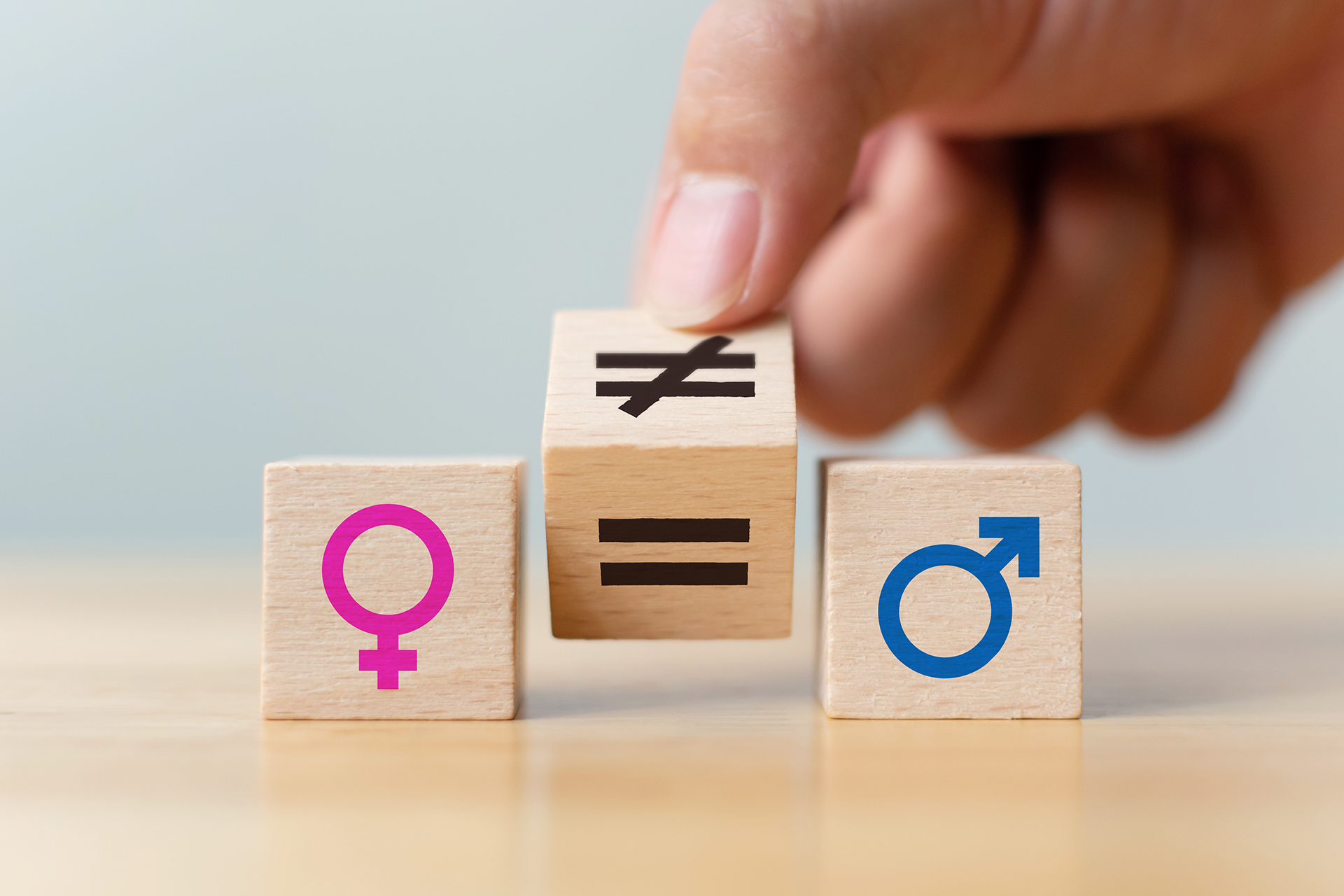

The paramountcy of overcoming systemic prejudices against women in politics, the workplace, business, and the community cannot be overstated, as it may determine whether sub-Saharan African countries succeed or fail. Post the International Women’s Day and the clarion call to break the bias, there is a mountain of data to support this viewpoint, where women pushing the envelope are stymied by discriminatory undertones.
Kenya, for example, falls short of the constitutionally mandated 33 per cent and the UN Sustainable Development Goal of 50 per cent equal representation in political leadership. Women made up a measly 9.2 per cent of the 1,835 people elected in 2017, a marginal rise over the 7.7 per cent who were elected in 2013. Even though women make up most of Kenya’s population, they have fewer registered voters than men. This disenfranchisement and exclusion begins during the electoral process and reveals itself in the discriminatory voting behaviour of women leaders in politics.
Additionally, women are underrepresented at most levels of the corporate Kenya, from governance to management. Boardroom presence has improved to 37 per cent, compared to 21 per cent globally, according to the Kenya Institute of Management (KIM), New Faces New Voices (NFNV), and Kenya Private Sector Alliance (KEPSA), but it might be better. Evidence suggests that companies with more women on their boards benefit financially – by an average of 20 per cent more than the industry average, according to a McKinsey Global Institute report. Relatedly, even though our women professionals represent some of the best talent on the continent, just five per cent of professional women reach top management positions in national, Pan-African and multinational companies.
Further, female entrepreneurship rates are among the highest in the world in sub-Saharan Africa, with one out of every four adult women running a small firm in its early phases. According to the Global Entrepreneurship Monitor, 90 per cent of these small enterprises employ over half of the continent’s population and generate over half of the continent’s GDP, but most of them do not upscale or generate profits as compared to male-led businesses. Across the board, these biases are prevalent. To achieve the required gender parity, government, organisations, society, and individuals will need to work together to establish a conducive climate.
What needs to be done?
There is no foolproof solution to address this catastrophe. However, addressing ingrained cultural beliefs and common attitudes about women’s role in society, and advocating for progressive laws and behaviour change can transform the discriminatory system in politics, the workplace, industry and our communities toward gender parity.
On the political front, we must compel Kenya’s leadership to fully implement the ‘two-thirds gender rule’ in Parliament, and a legal and institutional framework that encourages and upskills our women to compete and lead in politics. Increased female representation in the Legislature creates openings for other women in many sectors, and aid in the resolution of the country’s socioeconomic problems.
At the workplaces, we must institutionalise diversity and inclusion as a strategic priority agenda, cascading from the boardroom to management and non-management levels. These would imply that women are considered for board positions or advancement on an equal and transparent basis. Equipping them with future-ready skillsets will help them adapt to the changing workplace.
Most significantly, intentional efforts are required to create a favourable climate for women-owned businesses, supporting them to pursue profitable and sustainable businesses.
